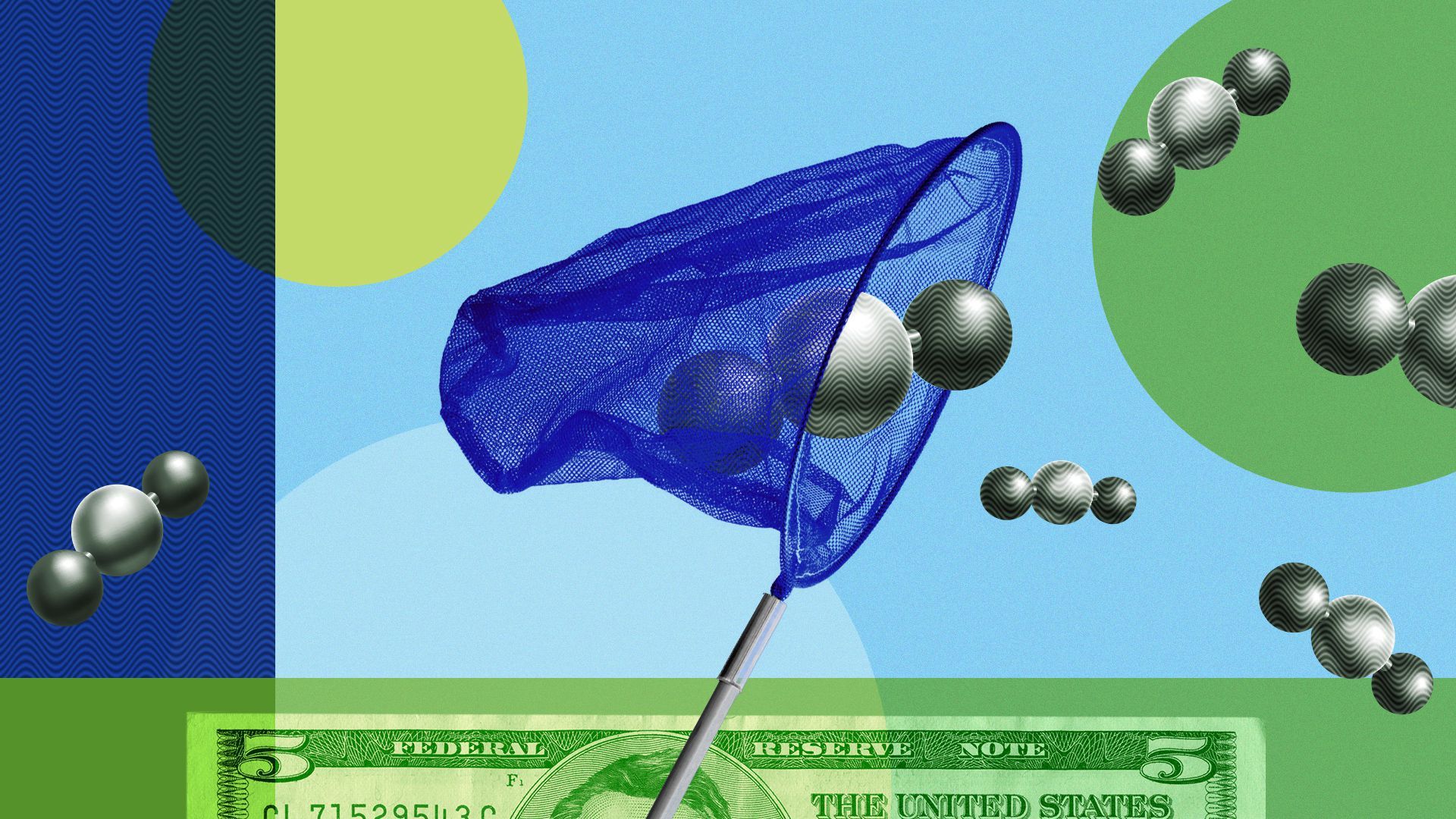| Corporate differences over climate policy are shaking up industry trade associations even beyond high-profile decisions by some oil majors to break with lobbying groups, Ben writes. Driving the news: The past few days have offered two examples. Shipping giant Maersk has removed its board member from the International Chamber of Shipping. "We review our membership status once a year to ensure that the trade associations in which we are members lobby in alignment with the goals of the Paris Agreement as well as other key issues," the company said. The decision to step down from the board should be "seen in this context," it said. Reuters has more. Driving the news, part 2: Volvo is leaving the European Automobile Manufacturers' Association, the region's main trade group. - Volvo argues the company's lobbying on climate is not aggressive enough, per Bloomberg.
- "The association has been torn between the progressive view espoused by Volvo Cars and a more conservative approach favored by others," it reports.
- The piece notes that Stellantis is also leaving the group but for different reasons — it's "bristling at demands that the industry transition to EVs more quickly."
The big picture: Those moves come after some oil giants have split with certain petro-trade associations in recent years. TotalEnergies last year said it's leaving the powerful American Petroleum Institute. No other majors have left the group, but Shell, BP, TotalEnergies and Equinor have previously left some other trade associations. | 








No comments:
Post a Comment